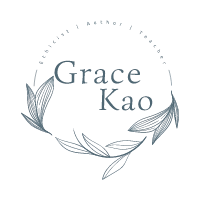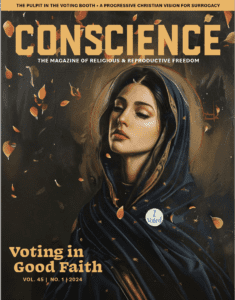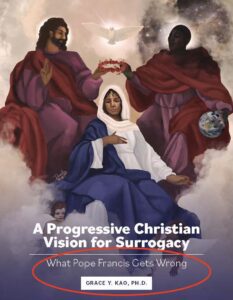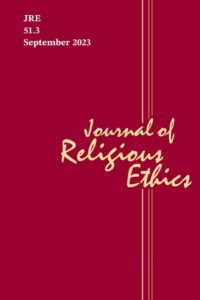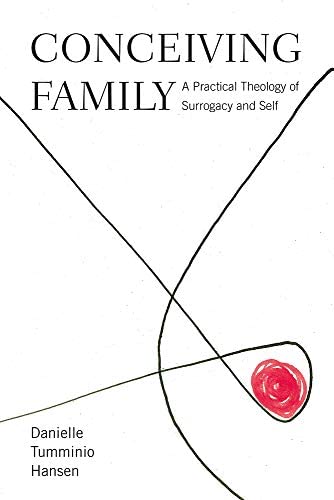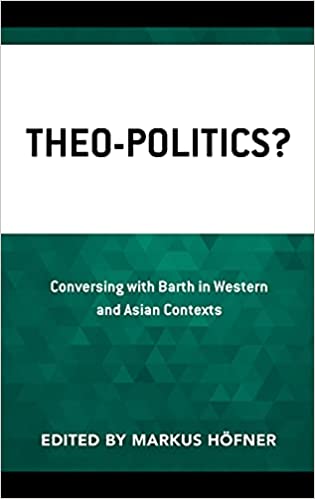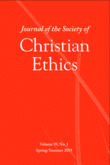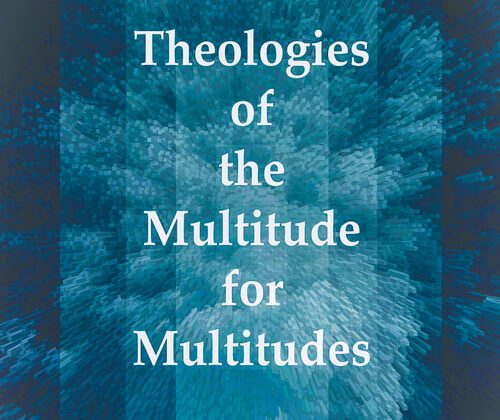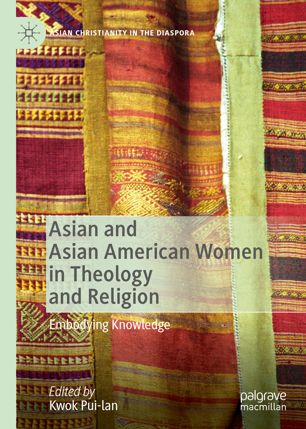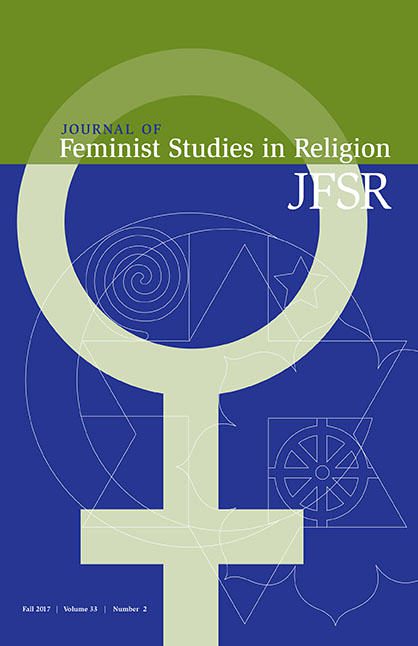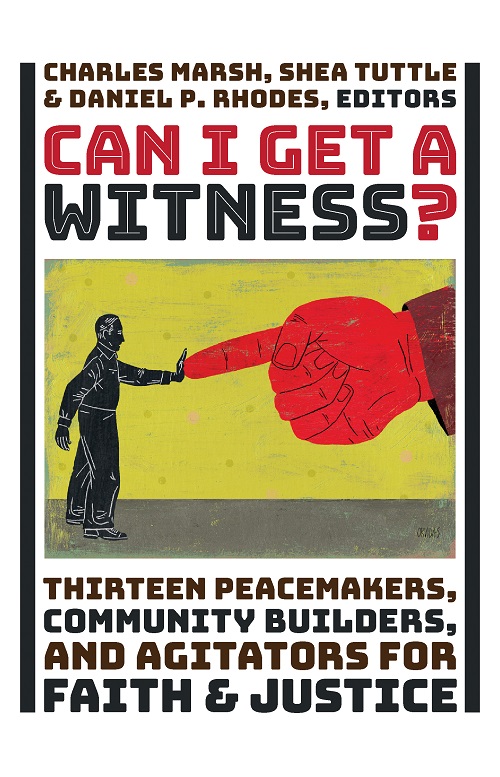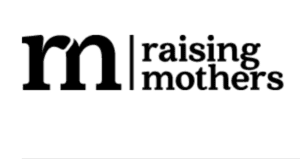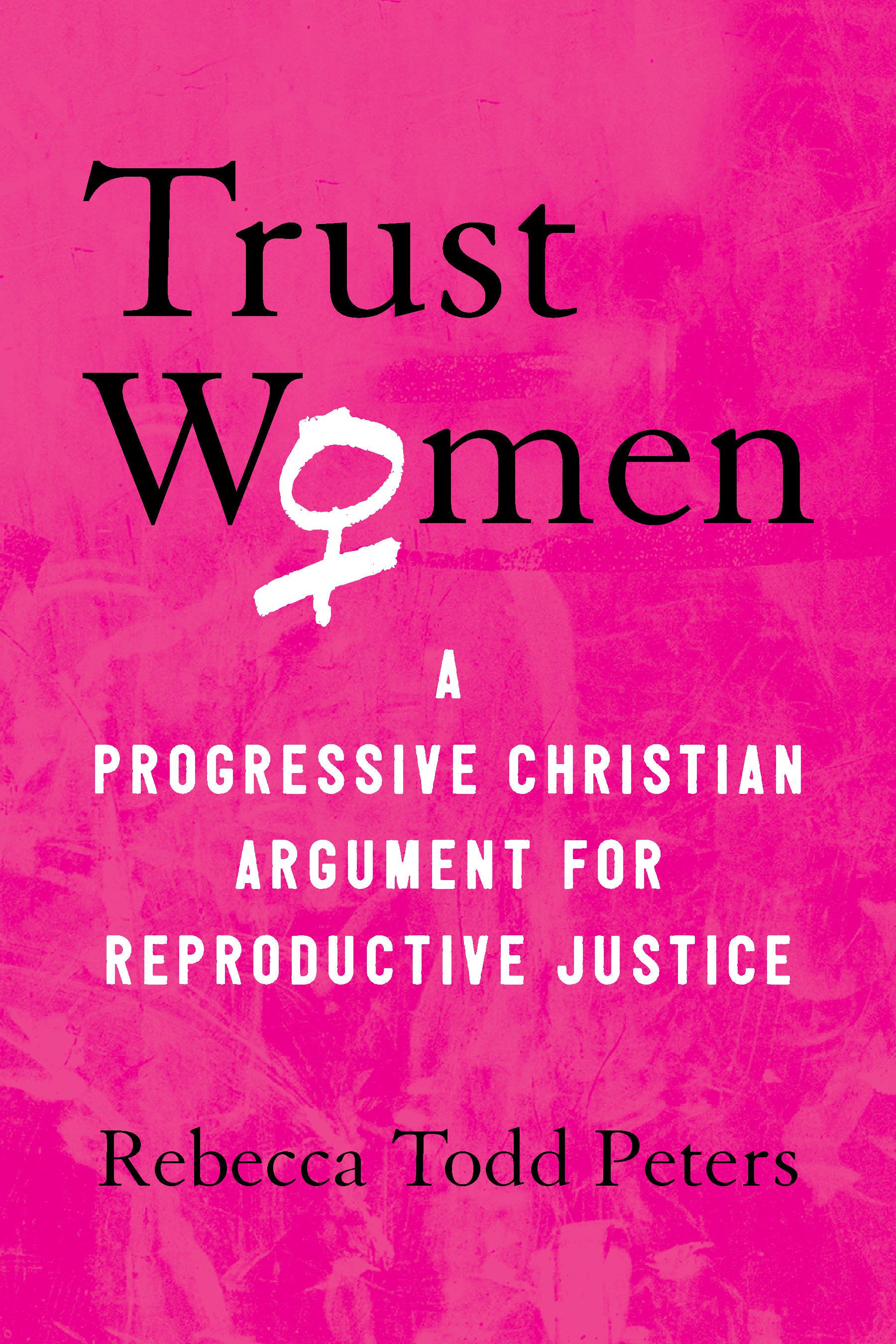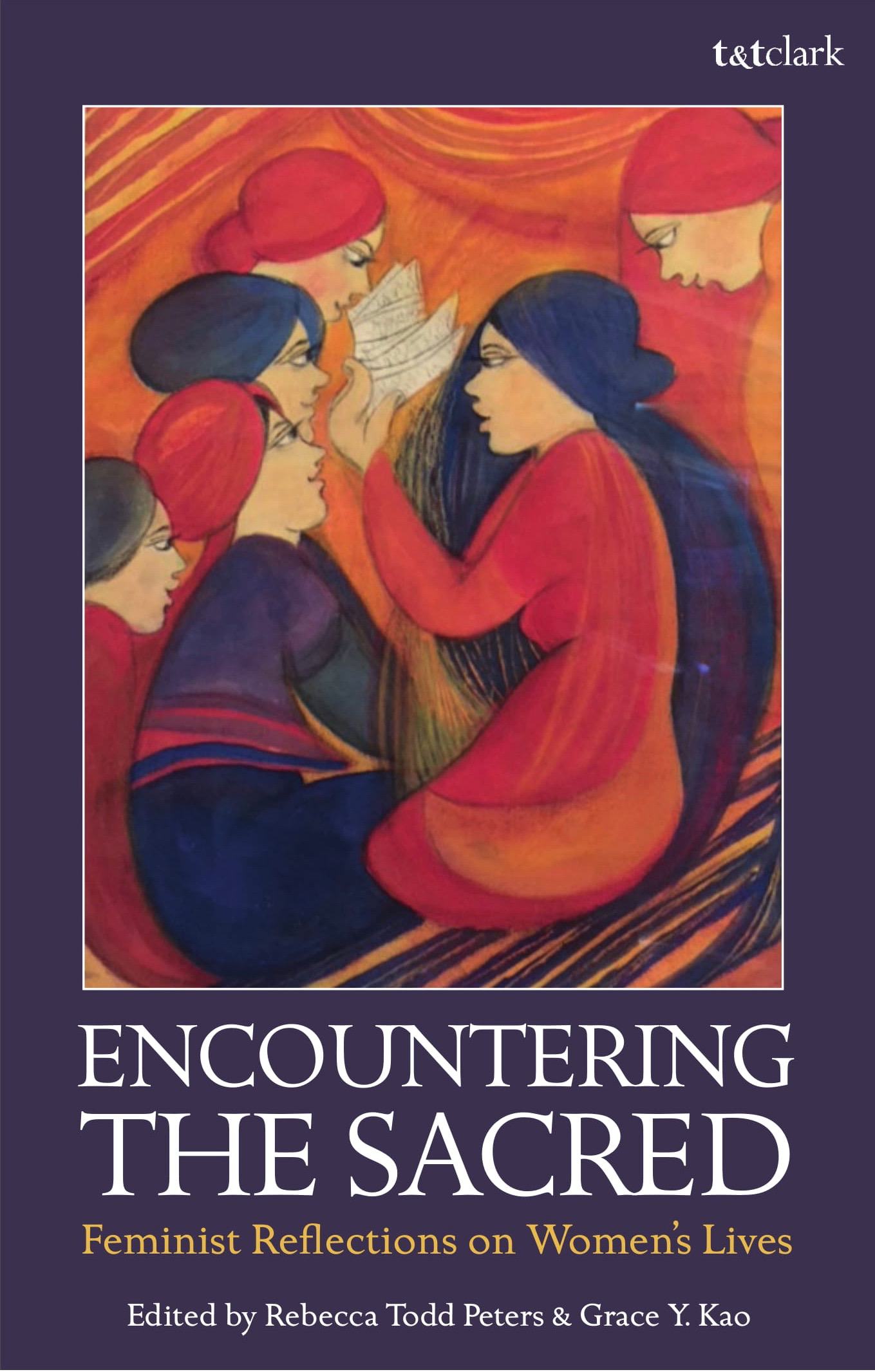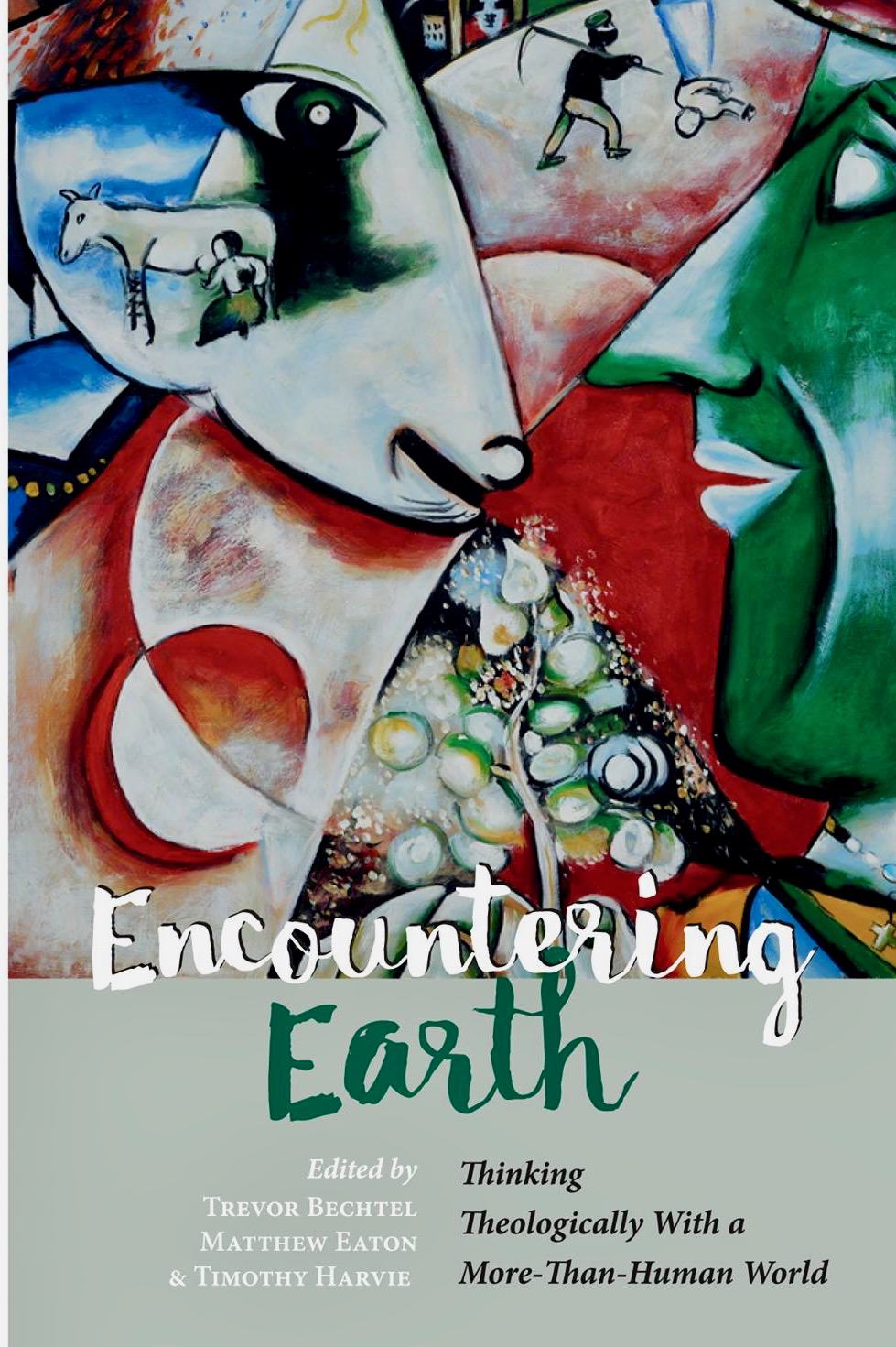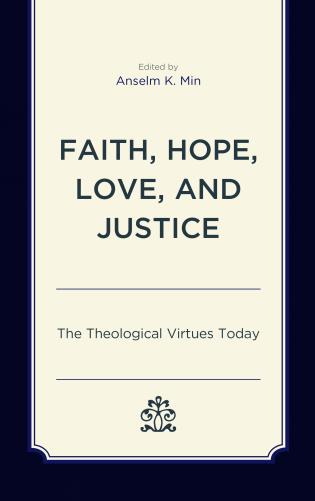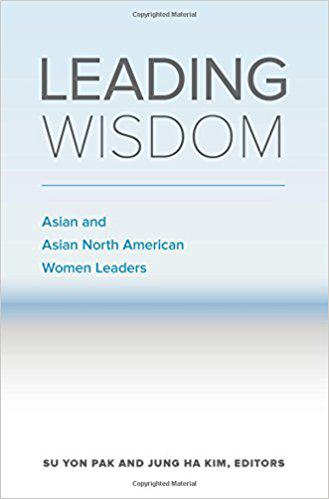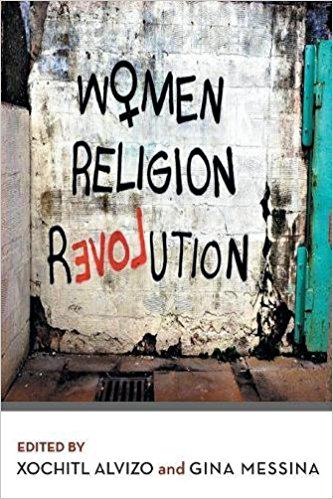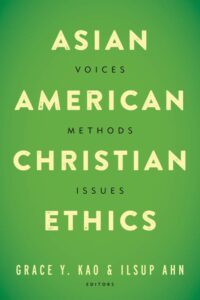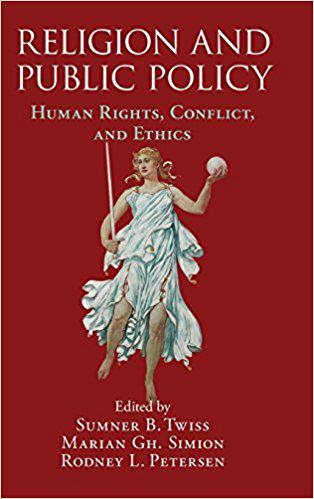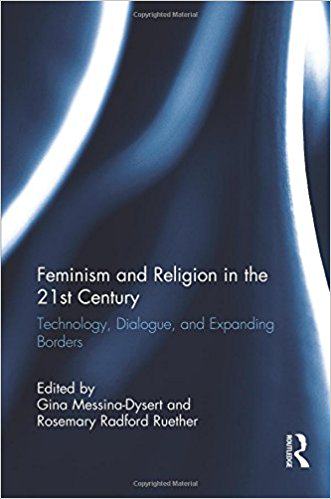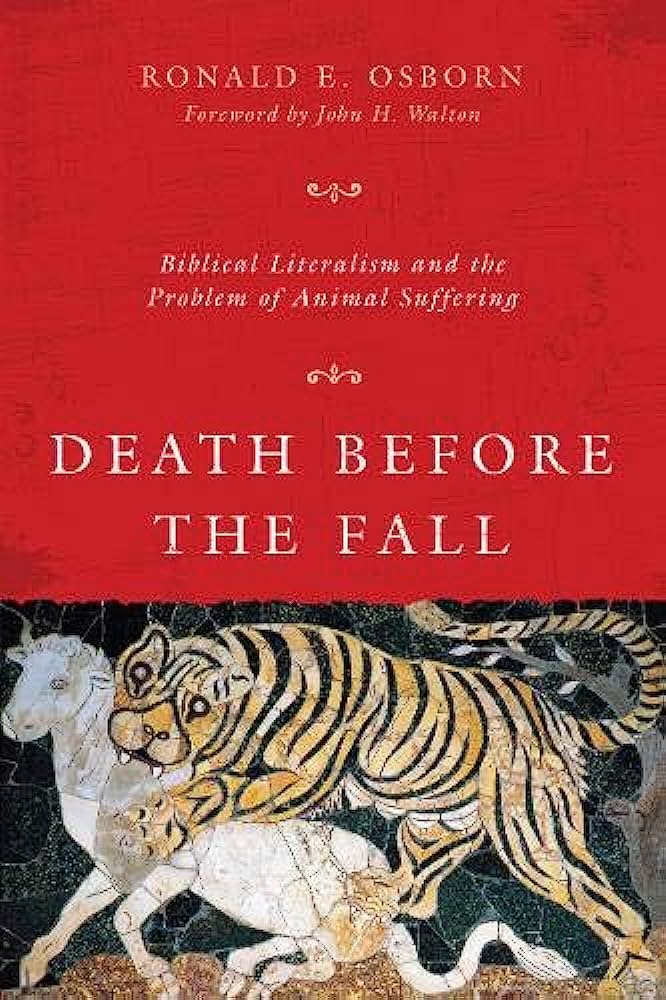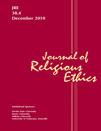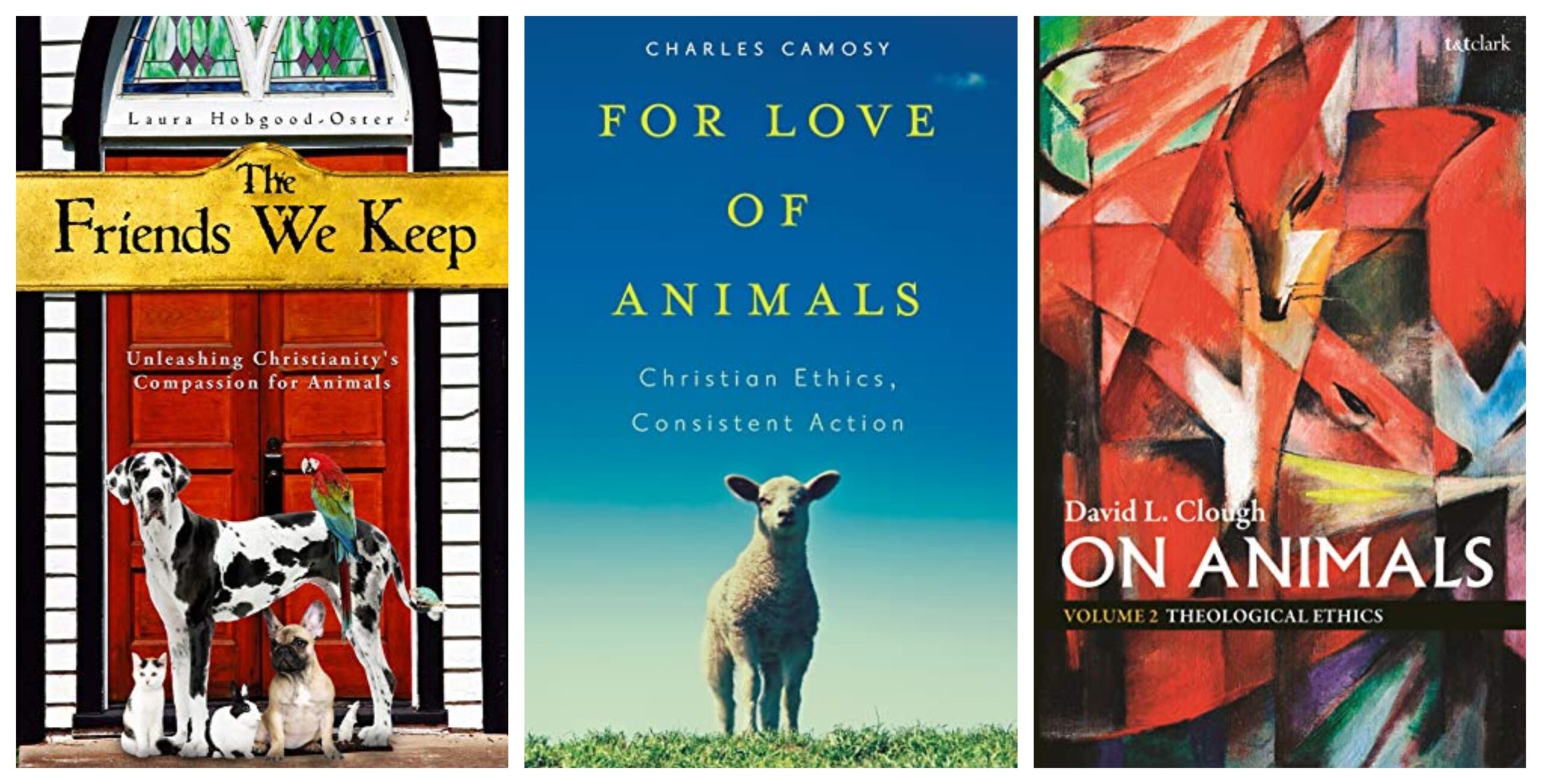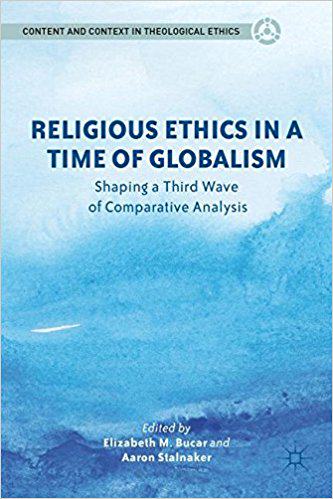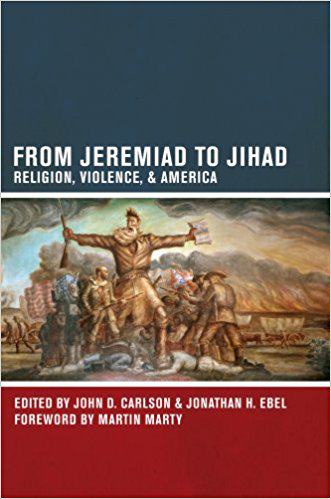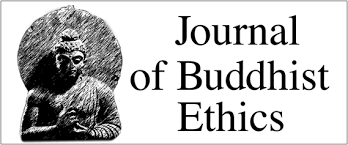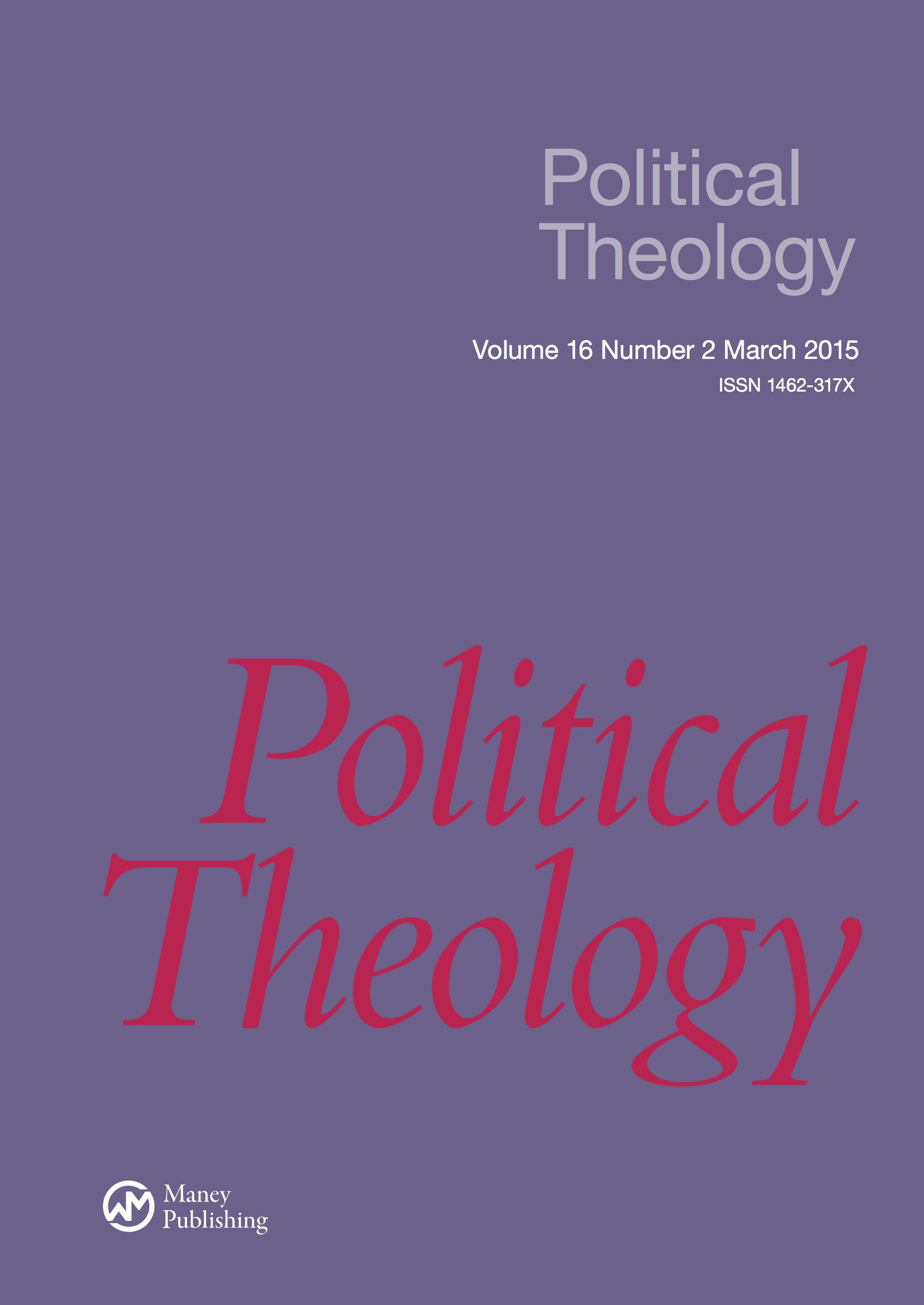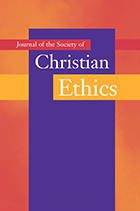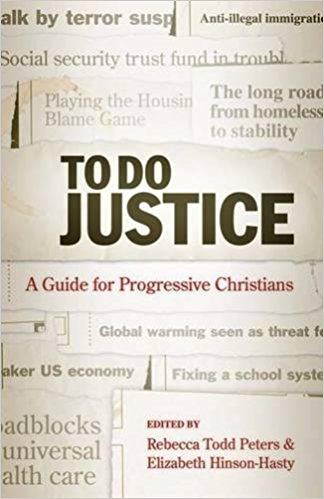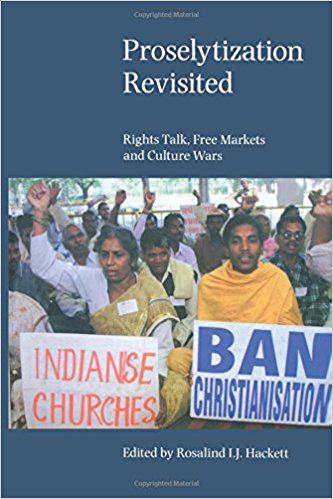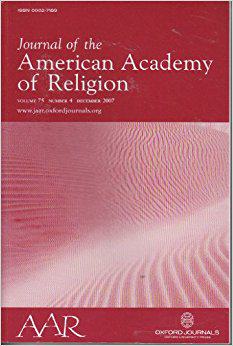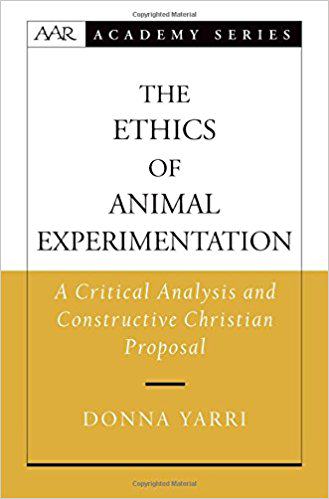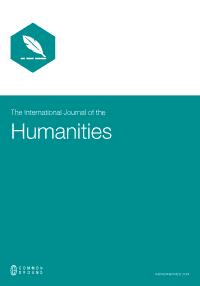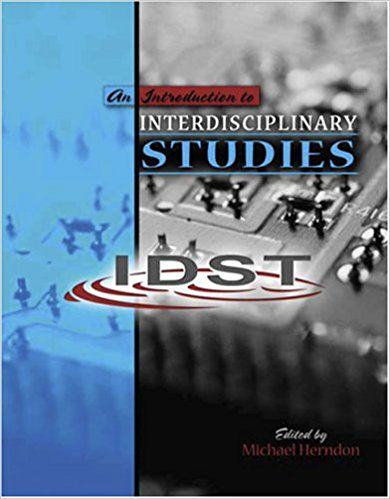Other Writings
— FAIR USE —
Under the U.S. legal doctrine of “fair use,” the articles below can be copied without cost for teaching or non-profit uses. If you do use any of these materials, please (1) use each publication in its full form and (2) cite both author(s) and source (e.g., book, journal).
“When ‘Sorry’ Is Not Enough: Constructing an Asian American Theology of Reparations”
Transpacific Political Theology: Perspectives, Paradigms, and Proposals, ed. Kwok Pui-lan, 255-275 (Waco, TX: Baylor University Press)
I construct an Asian American theology of reparations by grounding my account in the emerging human rights standard for reparations, reflections on reparations from critical race theorists, and four case-studies involving Asian Pacific Islanders (e.g., Chinese Exclusion era discrimination, Japanese American forced evacuation and mass incarceration, denial of full veteran benefits to Filipinos who fought under the U.S. flag during WWII, and the Congressional and UCC apologies to Native Hawaiians for the illegal overthrow of their monarchy).
“A Progressive Christian Vision for Surrogacy: What Pope Francis Gets Wrong”
Conscience Magazine: The Magazine of Religious and Reproductive Freedom
In response to recent papal denunciations of surrogacy, I draw upon my professional expertise as an ethicist and personal experience as a former surrogate to offer a contrasting vision.
“Future Directions in Christian Ethics Inspired by Dr. Martin Luther King Jr.’s ‘Radical Revolution of Values'”
Journal of the Society of Christian Ethics 44.1 (2024): 11-16; DOI: https://doi.org/10.5840/jsce2024326104
Though 2023 marks the sixtieth anniversary of Dr. Martin Luther King Jr.’s iconic “I Have a Dream” speech, my reflections on the theme of the 2023 annual meeting of the Society of Christian Ethics, “Vision, Imagination, and Dreams in the Work of Ethics,” are inspired by King’s lesser known “Beyond Vietnam” speech. I connect my hopes for the future of Christian ethics to King’s still unrealized vision of social transformation. It is one where the US. (and other empires) would affirm–not subvert–each people’s right to self-determination and we scholar-activists would continue to search for connections between and among social issues even if others insist upon their discreteness.
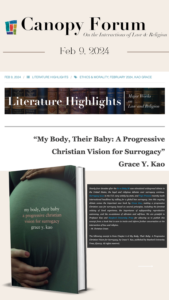
“Literature Highlights: My Body, Their Baby: A Progressive Christian Vision for Surrogacy”
Canopy Forum On the Interactions of Law & Religion; Feb 9, 2024
The Canopy Forum, the digital publication from the Center for the Study of Law and Religion at Emory University featured a “literature highlight” about Grace Kao’s work on surrogacy in response to Pope Francis’ recent denunciation of the practice and call for its global ban.
“Whether and How We Will Continue to Reproduce Ourselves”
Journal of Religious Ethics 51.4 (2023): 639-651; DOI: https://doi.org/10.1111/jore.12459
The author examines two open questions for religious ethicists: whether continuing to have children is a bad idea, given the challenges of antinatalism and climate change, and how we should evaluate the future of reproductive technology. Kao responds to these questions without resolving them by drawing upon human rights, the reproductive justice framework, and principles of social justice.
BOOK REVIEW: “Exploring Surrogacy Among Gay Men and as a Theodicy”
Syndicate (Jan 25, 2023)
I offer an assessment of Danielle Tumminio Hansen’s book on surrogacy which you can read here.
“Recent Male Circumcision Controversies, Barth, and Infant Baptism”
Theo-Politics? Conversing with Barth in Western and Asian Contexts, ed. Markus Hofner, 49-68 (Lanham, MC: Lexington Books, 2022)
This chapter discusses several male circumcision controversies in the early 2010s in the U.S. and Germany and responds to them theologically by engaging the work of Karl Barth on infant baptism.
Note: This book was produced after a series of meetings among American, German, and Chinese scholars (from Hong Kong, China, and Taiwan) in Bochum, Germany that was funded by the Volkswagen Stiftung.
“Introduction to the Symposium: Questioning the Human”
Journal of the Society of Christian Ethics 41.2 (2021): 227-230; DOI: https://doi.org/10.5840/jsce202141250
I introduce and contextualize the comments made by the plenary panelists (Jonathan Tran, John Bowlin, Andrea White, and Victor Carmona) convened by SCE president Jennifer Herdt at the 2021 Society of Christian ethics conference.
“Rethinking Surrogacy from an Asian American Christian Perspective”
Theologies of the Multitude for Multitudes: The Legacy of Kwok Pui-lan, eds. Rita Nakashima Brock and Tat-siong Benny Liew, 271-292 (Claremont, CA: Claremont Press, 2021)
In my contribution to this festschrift for Kwok Pui-Lan, I approach surrogacy from an Asian American Christian ethical perspective. I start with Asian American experiences with and investments in surrogacy as a method of family building, draw upon the work of three Asian-raced feminist scholars of the Bible who have engaged the story of Ruth and her arguable surrogacy, and then turn to the “reproductive justice” paradigm developed by a coalition of women of color activists.
“On Becoming Asian American Christian Ethicists” (with Lisa Asedillo Pratt)
Asian and Asian American Women in Theology and Religion: Embodying Knowledge, edited by Kwok Pui-lan, 223-239 (Palgrave MacMillan, 2020)
This chapter clarifies the meaning of “Asian American” in Asian American Christian ethics by harkening back to the political activist, transnational, and coalitional roots of the Asian American movement of the 1960s–1970s. The authors then narrate how they each first came to identify as Asian American, how they began to do work in Asian American Christian ethics and conclude with their hopes for future directions of work in the subfield.
Note: This chapter appears in a volume featuring API women scholars who are part of the Pacific, Asia, and North American Asian Women in Theology and Ministry (PANAAWTM) network.
“Full Castrophe Mentoring”
Journal of Feminist Studies of Religion 36.2 (2020):107-116; DOI: https://doi.org/10.2979/jfemistudreli.36.2.08
My colleagues (Kecia Ali, Julia Watts Belser, Shively T. J. Smith) and I discuss feminist mentoring in the context of the Covid-19 pandemic.
“Setting the Captives Free: Yuri Kochiyama and her Lifelong Fight Against Unjust Imprisonment”
Can I Get a Witness? Thirteen Peacemakers, Community-Builders, and Agitators for Faith and Justice, eds. by Charles Marsh, Shea Tuttle, and Daniel P. Rhodes, 59-84 (Grand Rapids, MI: Eerdmans, 2019)
I explore Yuri’s lifelong commitments to political prisoners and unjust imprisonment and draw out the ways in which her progressive Christian commitments grounded her life-long activism. This book was supported by the Project on Lived Theology at the University of Virignia.
“Parenthood is the Mountain: 13 Mothers Define Parenthood”
Grace Kao’s short reflection on surrogate motherhood was published on Mothers’ Day (May 31, 2019)
“I’ll never forget my emergency C-section when my OB/GYN pulled the baby out and we all heard her cry. With tears of relief clouding my vision, I thought to myself, ‘Hot damn, we did this.’ I then sensed my doctor’s hesitation as he slowly moved toward me. He seemed uncertain to whom he should give her: my friend who had been involuntarily childless for ten years? Or me—her surrogate? So I quickly blurted out: ‘Give the baby to Katie!’ to end his confusion. Surrogacy can be like this: the intimate sharing—not fragmentation—of motherhood between two women friends.”
“Toward a Feminist Christian Vision of Gestational Surrogacy”
Journal of the Society of Christian Ethics 39:1 (2019): 161-179; DOI: https://doi.org/10.5840/jsce20194228
Though increasing in popularity, many Christian ethicists have either objected tout court or expressed strong reservations about surrogacy. Behind much of this caution lies essentialist assumptions about pregnant women and an overemphasis on well-publicized but statistically rare surrogacy disasters. The question remains whether Christian ethical reflection on surrogacy might change if properly informed by social scientific studies on the surrogacy triad (the surrogates, surrogate-born children, and intended parents). I offer a feminist Christian framework for surrogacy comprised of seven principles, the reproductive justice paradigm, human rights, and Reformed theo-ethical norms (viz, covenant, fidelity, stewardship, self-gift). I advance surrogacy under certain conditions as a moral good and focus on “altruistic” arrangements-including my own-without concluding that only non-commercial contracts could pass ethical muster.
BOOK REVIEW: “Thinking Through the ‘Metaphysics of Pregnancy’ and Surrogacy”
Syndicate (April 24, 2019)
I assess Rebecca Todd Peter’s excellent book on abortion by discussing her conclusions in light of metaphysical questions about what pregnancy is and how her findings relate to questions in surrogacy.
You can read her (and other reviews) here.
“Feminist Theology as Conversation and Invitation” (with Rebecca Todd Peters)
Encountering the Sacred: Feminist Reflections on Women’s Lives, eds. Rebecca Todd Peters and Grace Y. Kao, 1-13 (T&T Clark, 2018)
This is the introductory chapter to our co-edited anthology where we clarify what we mean by feminism, recount the origin of feminist theologies, and renew our commitments to social change. We finally offer an account of feminism as an invitation and then preview the work of our contributors.
“My Life with Morris: A Feminist Account of Friendship and Conversion in a Bicultural Context”
Encountering Earth: Thinking Theologically with a More than Human World, edited by Trevor Bechtel, Matthew Eaton, and Timothy Harvie, 75-87 (Eugene, OR: Wipf & Stock, 2018)
Drawing upon Mary Hunt’s theological understanding of “friendship,” I explain how befriending Morris, my childhood cat, facilitated a number of learnings for me, including enculturation into the U.S. as the daughter of Taiwanese immigrants.
“What about Other Marginalized Communities and Beings?”
Faith, Hope, Love and Justice: The Theological Virtues Today, ed. Anselm K. Min, 127-138 (Lanham, MD: Lexington Books, 2018)
I respond to Mary Fulkerson’s reflections on love in the church through the Eurcharist by posing questions about (1) the inclusion of “all of God’s creation” in the celebration and (2) the value of racial homogeneity in non-white churches given the important sociological functions they serve.
“Taiwanese American Woman Pastors and Leaders: A Reality in Our Churches”(with San Yi Lin)
Leading Wisdom: Asian, North American Asian Women Leaders, edited by Su Yon Pak and Jung Ha Kim, 29-41 (Louisville, KY: Westminster John Knox Press, 2017)
We reflect upon the reality of women’s leadership in Taiwanese American churches in the Reformed tradition through qualitative interviews we conducted with four Taiwanese American women church leaders. We do this first by providing an overview of the scholarship on women in Asian American church contexts, presenting our findings, and then speculating on why the Taiwanese American case differs from the portrait of women’s inferior treatment that emerges in other Asian American churches.
Note: Our contribution appears in a volume of API women who are part of the Pacific, Asian, and North American Women in Theology and Ministry (PANAAWTM) network.
“Firsthand Experience with Secondhand Shopping”
Women Religion Revolution, eds. Xochitl Alviso and Gina Messina, 85-91 (Indianapolis, IN: Feminist Studies in Religion Books, 2017)
I discuss the various ecofeminist reasons why I normally source my family’s clothing needs from thrift stores: to follow the reduce-reuse-recycle cycle in light of the environmental costs of manufacturing new clothes and to reduce my complicity in sweatshop labor abuses which are the industry standard (not exception).
“Roundtable: Asian American Christian Ethics: Voices, Methods, Issues” (2016) [with Kwok Pui-lan, Rita Nakashima Brock, Andrew Sung Park, and Ilsup Ahn]
Journal of Asian/North American Theological Educators 2.1 (2016): 106-115
These are the published reviews, with a response by us co-editors that emerged out of an American Academy of Religion session.
“Introduction: What is Asian American Christian Ethics?” and “Conclusion: The Future of Christian Ethics” (with Ilsup Ahn)
Asian American Christian Ethics: Voices, Methods, Issues, edited by Grace Y. Kao and Ilsup Ahn, 1-17, 267-268 (Waco, TX: Baylor University Press, 2015)
We provide an introduction to our co-edited anthology, Asian American Christian Ethics and propose a methodology for doing work in this new subfield of study.
“Working Contextually and in Solidarity with Others”
Journal of Feminist Studies in Religion 31, no. 1 (2015): 115-121; DOI: https://doi.org/10.2979/jfemistudreli.31.1.115
As part of a roundtable discussion on Asian/Asian North American feminist theologies, I respond to the lead essay by Nami Kim and Anne Joh by focusing my remarks on the themes of (1) class, (2) gender, sexuality, and violence against Asian/Asian North American women and (3) the politics of solidarity.
“From Human Rights to Animal Rights”
Religion and Public Policy: Human Rights, Conflict, and Ethics, eds. Sumner B. Twiss, Marian Gh. Simion, Rodney L. Petersen, 120-137 (New York: Cambridge University Press, 2015)
I draw upon the work of David Little in this essay and contend that insofar as his “logic of pain” grounds a conception of universal human rights, so it can be extended to ground a conception of nonhuman animal rights.
Note: this book is a festschrift honoring David Little.
“Experimenting with Feminism and Technology in the Classroom”
Feminism and Religion in the 21st Century, eds. Gina Messina-Dysert and Rosemary Radford Ruether, 167-183 (New York: Routledge, 2014)
I reflect upon my classroom experience of teaching feminist ethics in a specifically feminist pedagogical way by having the students co-construct the syllabus, participate in a class blogging assignment, produce a class wiki on feminist ethical terms.
BOOK REVIEW: “Responding Theologically to Animal Ferocity and Suffering”
Syndicate 1, no 3 (2014): 97-105
I assess Ronald Osborns’ book on squaring a proper reading of Genesis with science particularly for the Seventh Day Adventist community for which the book is directed.
You can read my review (and others) here.
BOOK REVIEW: “Creaturely Solidarity: Rethinking Human-Nonhuman Animal Relations”
Journal of Religious Ethics 42.4 (2014): 743-768; DOI: https://doi.org/10.1111/jore.12080
I assess four recent books at the intersection of religious ethics and animal studies: David Clough’s On Animals, vol I: Systematic Theology, Charles Camosy’s For Love of Animals: Christian Ethics, Consistent Action, Laura Hobgood-Oster’s The Friends We Keep: Unleashing Christianity’s Compassion for Animals, and Daniel K. Miller’s Animal Ethics and Theology: The Lens of the Good Samaritan.
You can read her review here.
“Exploring the Korean First Birthday Celebration (Dol Janchi) as a Site for Comparative Religious Ethics and Asian American Christian Ethics”
Religious Ethics in a Time of Globalism: A Third Wave of Comparative Analysis, eds. Elizabeth M. Bucar and Aaron Stalnaker, 145-176 (New York: Palgrave MacMillan, 2012)
I interview 30 theologically-trained Korean or Korean American Christians about the longstanding tradition of Korean first birthday celebrations and ultimately examine the ritual from the perspective of comparative religious ethics and the nascent field of Asian American Christian Ethics.
“Of Tragedy and its Aftermath: The Search for Religious Meaning in the Shootings at Virginia Tech”
From Jeremiah to Jihad: Religion, Violence, and America, eds. John D. Carlson and Jonathan H. Ebel, 177-193 (Berkeley: University of California Press, 2012)
As someone who was on faculty at Virginia Tech during the tragic shootings of 2007, I discuss three employments of religion: (1) the speculation over the killer’s motives, (2) the jeremiads delivered in the aftermath, (3) the use of religion and civil religion in public grieving and expressions of solidarity.
“Moving Forward to Disagree: A Response to ‘Healing Ecology'”
Journal of Buddhist Ethics 17 (2010): 268-278
An earlier version of this paper was presented at the 2010 AAR in a session entitled “Nondualist Ecology: Perspectives on the Buddhist Environmentalism of David Loy.”
“‘Mission Impossible’: Nonsectarian Prayer in the Military Chaplaincy”
Political Theology 11, no, 4 (2010): 577-606; DOI: https://doi.org/10.1558/poth.v11i4.577
Recent events such as then-Navy Chaplain Klingenschmitt’s hunger strike in front of the White House, an unsuccessful class-action lawsuit against the Navy that alleged discrimination against evangelical Christians, and formal charges of religious bias at the US Air Force Academy have renewed concerns about chaplain-led public prayers in ostensibly secular contexts. Some have touted the advantages of “nonsectarian” prayer in command-hosted settings, where service personnel attendance is mandatory in a real or de facto sense. This paper argues that the offering of “nonsectarian” prayer does a disservice to the chaplains themselves and their religions, whether civic prayer is interpreted as an instance of “ceremonial deism” or a rite of civil religion. The solution is not for public prayers to become more religiously particular, but for military commanders to cease requesting chaplains lead public prayer of any kind in such settings.
“The Universal vs. the Particular in Ecofeminist Ethics”
Journal of Religious Ethics 34, no. 4 (2010): 616-637; DOI: https://doi.org/10.1111/j.1467-9795.2010.00455.x
While not a monolithic movement, ecofeminists are united in their conviction that there are important connections between the exploitation of both women and nature. They are internally divided on the propriety of applying their theoretical claims and activist strategies across social contexts. This paper explores three debates within ecofeminism that largely turn on this universalist versus particularist tension: whether ecofeminist theorizing can adequately account for cultural variation, whether its common usage of essentialist rhetoric is productive or troubling, and whether resources for social activism could legitimately be culled from an assembly of heterogeneuous and foreign sources. I conclude that the universalism of the women-nature connection can indeed be justified if perceived in multivalent ways, that earthcare or ecomaternalist discourse can be helpful in some contexts but harmful in others, and that selective retrieval of other cultures for the purposes of advocacy should not be ruled out as necessarily imperialistic or otherwise inappropriate.
“Sexing Comparative Religious Ethics: Bringing Forth Feminist and Gendered Perspectives” (with Elizabeth M. Bucar and Irene Oh)
Journal of Religious Ethics 38, no. 4 (2010): 654-65; DOI: https://doi.org/10.1111/j.1467-9795.2010.00457.x
This collaborative companion piece written as a postscript to our three preceding essays highlights four themes in comparative religious ethics that emerge through our focus on sex and gender: language, embodiment, justice, and critique.
“Managing Diversity in Academe” (with Ramón Luzárraga and Darryl Trimiew)
Journal of the Society of Christian Ethics 28, no.2 (2008): 75-95; DOI: https://doi.org/10.5840/jsce20082825
We collectively offer reflections and suggestions for increasing diversity in the Society of Christian Ethics as members of three distinct racial-ethnic groups.
“For All Creation”
To Do Justice: A Guide for Progressive Christians, eds. Rebecca Todd Peters and Elizabeth Hasty-Hinson, 97-107 (Louisville: Westminster John Knox Press, 2008)
I focus on the environmental damage that the industrial meat industry causes as my contribution to this book published in anticipation of the updating of the Social Creed.
“The Logic of Anti-Proselytization, Revisited”
Proselytization Revisited: Rights Talk, Free Talks, and Culture Wars, ed. Rosalind I. J. Hackett, 77-107 (London: Equinox, 2008)
Just as there are different types of and reasons for proselytization, there are corresponding arguments against proseytization. I offer here an analysis of four distinct types (i.e., arguments against proselytization) and assess the adequacy of each.
“‘One Nation Under God’ or Taking the Lord’s Name in Vain? Christian Reflections on the Pledge of Allegiance”
Journal of the Society of Christian Ethics 27, no.1 (2007): 183-204; DOI: https://www.jstor.org/stable/i23561545
By exploring the ongoing controversy whether teacher-led recitation of the Pledge of Allegiance in public schools is constitutional, this paper demonstrates how and why Christians have much to gain from reverting the pledge to its pre-1954 text. I expose critical weaknesses in recent strategies to retain the contested words ‘under God’ in the pledge as employed by litigants, amici curiae (“friends of the court”), several Supreme Court justices, and other interested parties. I additionally interrogate the prominent place the American flag holds in public life and question whether such preoccupation rises to the level of fetishism or even idolatry. Finally, I conclude that pacifists and others who are critical of America’s expanding military empire have good reason to reject the Pledge of Allegiance entirely, whether or not the nation is described as being ‘under God.’
“The Pledge of Allegiance and the Meanings and Limits of Civil Religion” (with Jerome Copulsky)
Journal of the American Academy of Religion 75, no.1 (2007): 121-149; DOI: https://doi.org/10.1093/jaarel/lfl065
Recent court challenges to the constitutionality of teacher-led recitations of the Pledge of Allegiance in public schools have centered on the question whether the Pledge is to be understood as a religious or secular ritual, given its post-1954 addition of the phrase “under God.” After a brief discussion of Establishment Clause jurisprudence on this question, we argue that the category of civil religion usefully illuminates what is at stake in constitutional debates about the Pledge and in similar rituals. We develop four perspectives through which the Pledge of Allegiance in particular, and civil religion in general, can be understood to function: preservationist, pluralist, priestly, and prophetic. Thus the ongoing controversy surrounding the Pledge of Allegiance is best understood not as a dispute between “believers” and “atheists,” but on the contested meaning, significance, and propriety of civil religion in America itself. In the end, we suggest that even without the contested phrase, the Pledge would remain a potent ritual of civil religion, serving all four functions, and urge further serious study of the religious significance of the phenomenon of civil religion.
BOOK REVIEW: “Donna Yarri’s Review of the Ethics of Animal Experimentation: A Critical Analysis and Constructive Christian Proposal”
Political Theology 7.3 (2006): 535-537; DOI: https://doi.org/10.1558/poth.v7i4.535
You can read her review here.
“Consistency in Ecofeminist Ethics: Contextual Moral Vegetarianism and Abortion”
International Journal of the Humanities 3, no.11 (2005/2006): 11-21; DOI: https://doi.org/10.18848/1447-9508/CGP/v03i11/41958
Feminists today are internally divided on the question whether they ought also to champion the interests of non-human animals. Some ecologically-minded feminists (or ecofeminists) have advanced contextual moral vegetarianism as a logical outcome of feminism. Other feminists have been either non-committal or even hostile to that view for a variety of reasons, one being a fear that animal advocacy will affect the abortion debate in a manner unfavourable to “choice.” This article examines whether an ecofeminist drive toward contextual moral vegetarianism must come at the expense of these more conventional feminist commitments and ultimately concludes that it need not. Methodologically speaking, I describe the advantages and limitations of the three ways that vegetarian ecofeminists commonly make their case for contextual moral vegetarianism and assess their implications for abortion in each. The first approach provides accounts of animal moral standing, generally employs the “argument from marginal cases,” and is largely associated with the work of male academicians. I show how even this approach which grants comparable moral standing to some animals and fetuses of late gestational age can nevertheless avoid compromising standard feminist commitments to reproductive freedom. The second approach is an “ethic of care” toward animals that takes seriously our affective response to, and concrete experience with, both animal suffering and well-being. I demonstrate how care-theory can likewise avoid important concessions with respect to abortion, though also submit that care-theory, if left unpoliticized, holds dangers of its own. The final approach is an analysis of the larger socio-political context in which current meat consumption and production takes place. While this approach best explains why vegetarian ecofeminists generally prescribe contextual—not universal—moral vegetarianism, vegetarian ecofeminism would most benefit from a combination of all three.
Available wherever books are sold
My Body, Their Baby
A Progressive Christian Vision for Surrogacy
At an “advanced maternal age,” Grace Kao carried and delivered a baby for her involuntarily childless friends. They celebrated this birth all the while knowing how surrogacy remains controversial the world over.
This first-of-its-kind book by an ethicist and former surrogate will intrigue anyone who has ever struggled with infertility, pondered what it would be like to bear and hand over a child for others to raise, or attempted to sort through the moral complexities of use of reproductive technology.
Press Inquiries
Adam Schnitzer, Marketing & Sales Director
aschnitzer@stanford.edu
Mailing Address
Claremont School of Theology
10497 Wilshire Blvd, Los Angeles, CA 90024
Office Hours
(Book directly by clicking the image)
Event Inquiries
(click the icon)
